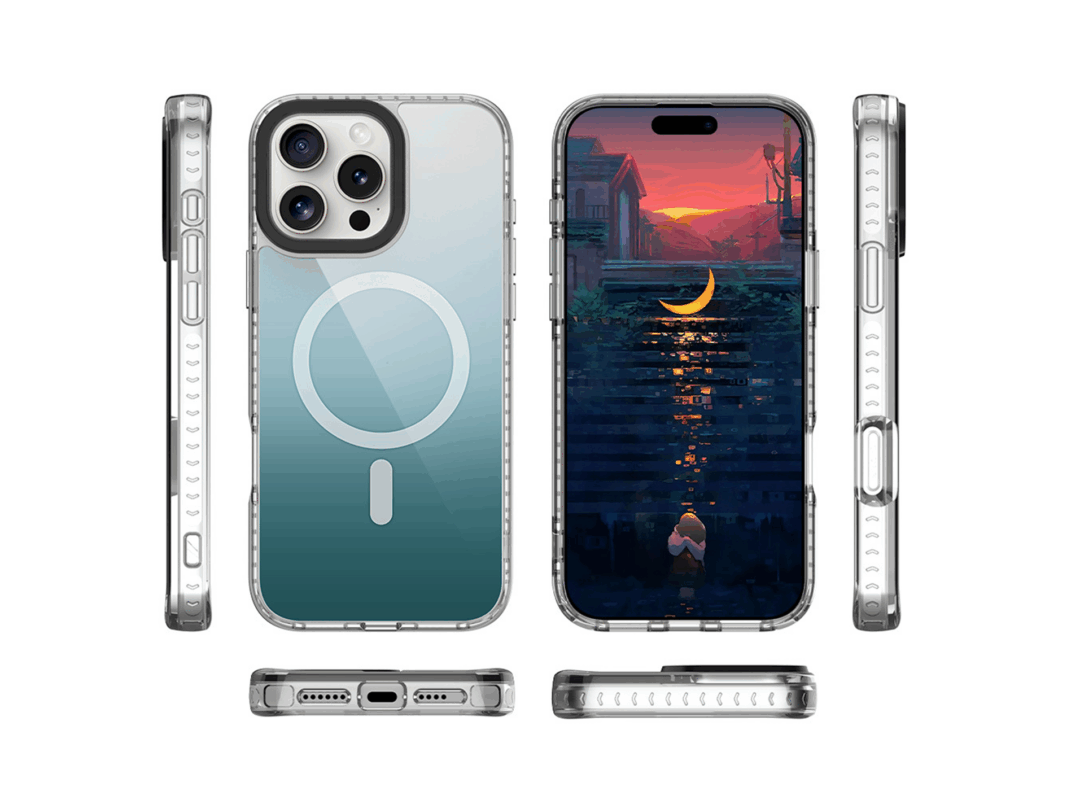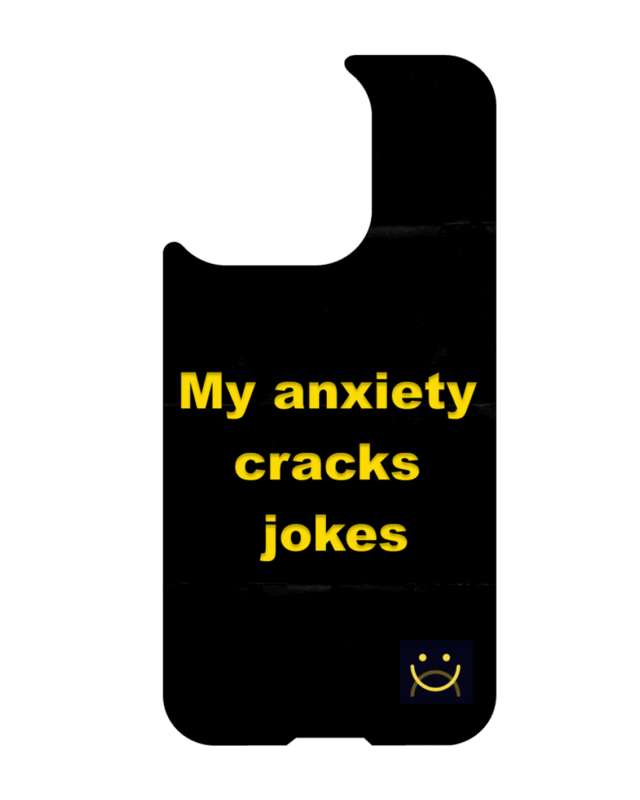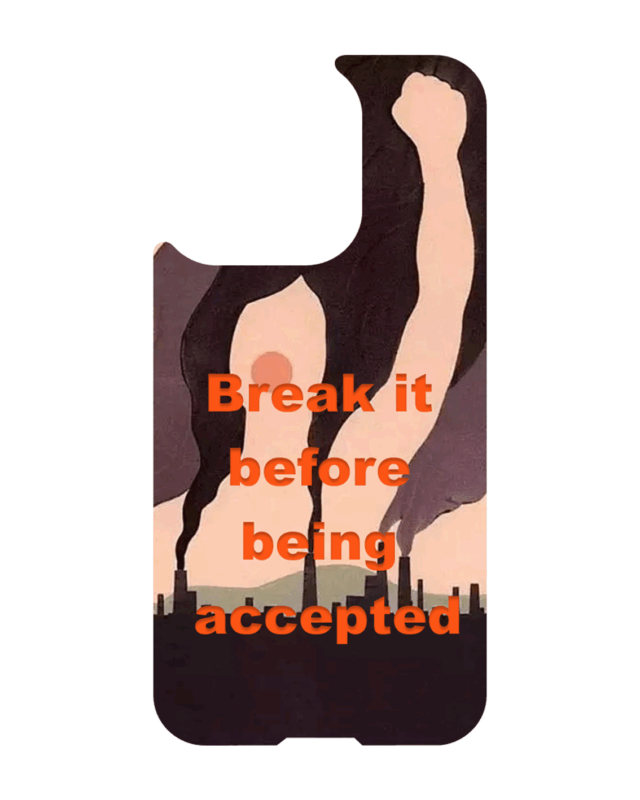FREE SHIPPING! U.S. Orders $39.99+
The Quiet Power of Saying No: How Boundaries Protect Emotional Health
We grow up being told to be nice, to say “yes,” to not upset anyone. But every time we swallow that quiet “no” inside us, something breaks a little. Saying “no” isn’t cruelty—it’s self-respect. And honestly, it’s respect for others too, because it sets the ground rules for healthier relationships.
Why “No” Feels So Hard
If you’ve ever said “yes” while your whole body screamed “no,” you know the struggle.
- Social pressure: Especially for women, being agreeable often gets mistaken for being “good.”
- Fear of rejection: We worry that if we refuse, we’ll lose people or be labeled “difficult.”
- Inner conflict: Even when uncomfortable, we still blurt out a reluctant “sure.”
Think about the last time a colleague asked you to cover their shift. You were already exhausted, but you said yes anyway—and spent the whole weekend resenting it. That’s not kindness; that’s self-betrayal.
The Emotional Cost of Always Saying Yes
Constant yes comes with a heavy bill:
- Bottled-up feelings: Anxiety, frustration, and even anger you can’t name.
- Unequal dynamics: The more you bend, the more people lean on you.
- Self-worth erosion: Over time, you start questioning if your needs even matter.
Saying “yes” to everything doesn’t make you generous—it makes you invisible.
The Hidden Power of Saying No
Boundaries aren’t walls; they’re bridges. They let people know how to connect with you without crossing lines.
- A firm “no” creates space for the things you actually value.
- Boundaries protect your peace—they’re like emotional immune systems.
- Every “no” is secretly a louder “yes” to yourself.
💡 Try to see “no” not as rejection, but as protection. That shift changes everything.
How to Practice Saying No Without Guilt
- Pause before you answer. Even three seconds can save you from regret.
- Keep it short: “Sorry, I can’t take that on right now.”
- Use body language: smile, but don’t step forward.
- Drop the urge to over-explain—you don’t owe anyone a TED Talk.
Conclusion
“No” isn’t selfish—it’s brave.
It protects your time, your energy, and your emotional health. Every time you choose boundaries over people-pleasing, you’re reminding yourself: my voice matters.
Because at the end of the day, every “no” you give away is really an empowered “yes” to your own life.
👉 Explore more designs in our Shop
👉 For further reading, check out Mayo Clinic – Stress management







